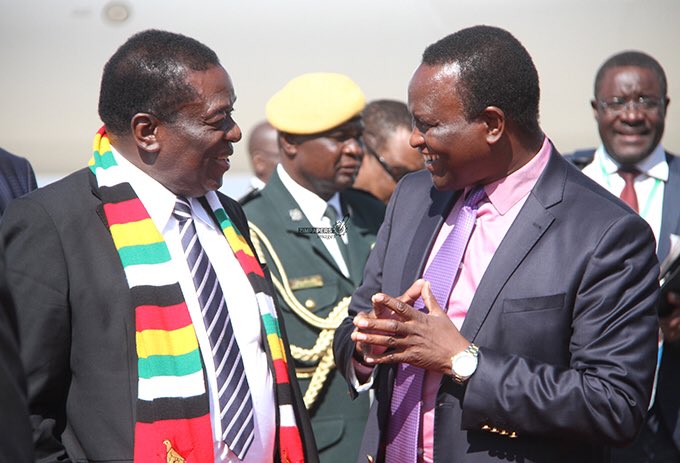A fresh move in Washington could reshape Zimbabwe’s economic future. The U.S. House of Representatives has introduced H.R. 5300, a foreign-policy package that includes a proposal to repeal the two-decade-old Zimbabwe Democracy and Economic Recovery Act (ZDERA).
If passed, the repeal would reopen the door to International Monetary Fund and World Bank support—critical for a nation carrying more than US $21 billion in debt—but only if Harare meets a high-stakes condition.
Debt Relief Hinges on Land Compensation
The bill demands that Zimbabwe pay an inflation-adjusted US $3.5 billion within 12 months to former commercial farmers whose land was seized during the early-2000s fast-track reform. Payments must be in hard currency or equivalent, not Zimbabwe-issued securities, effectively compelling President Emmerson Mnangagwa’s government to secure external funding or dramatically boost domestic revenue.
Failure to meet this requirement would keep the U.S. veto on IMF and World Bank lending firmly in place. For a government struggling with a 43 percent ZiG currency devaluation and drought-driven food shortages, the challenge is formidable—but so is the prize: access to concessional finance and debt-restructuring talks frozen since ZDERA became law in 2001.
Strategic Calculus for Washington and Harare
For the United States, H.R. 5300 reflects a pragmatic pivot. With China entrenched as Africa’s largest creditor and Russia deepening security ties on the continent, Washington is seeking new economic alliances. The bill couples ZDERA’s repeal with broader directives to strengthen U.S. commercial diplomacy across Africa, signalling that trade and investment—alongside governance concerns—are back at the centre of American engagement.
Zimbabwe, meanwhile, stands to regain credibility in global markets and revive stalled investment if it can meet the compensation timetable. Economists note that even partial repeal could lower borrowing costs and encourage private capital inflows, provided the government demonstrates fiscal discipline.
Political and Market Reactions
Business leaders in Harare cautiously welcomed the proposal, seeing a potential turning point for re-engagement with multilateral lenders. Opposition figures and human-rights advocates remain sceptical, warning that the Mnangagwa administration has yet to reverse a crackdown on civic groups and opposition politicians that recently prompted the EU to suspend some governance funding.
The bill, introduced on 11 September and now before the House Foreign Affairs Committee, faces an uncertain path. Past attempts to repeal ZDERA stalled, and U.S. lawmakers may insist on tighter human-rights conditions. Still, the bipartisan interest in countering China and Russia gives H.R. 5300 unusual momentum.
If Zimbabwe can secure the US $3.5 billion compensation and Washington follows through, analysts say the country could re-enter the global financial system within a year—a potential inflection point for an economy long starved of credit and foreign investment. – Equity Axis Business Desk




